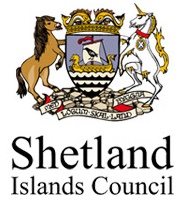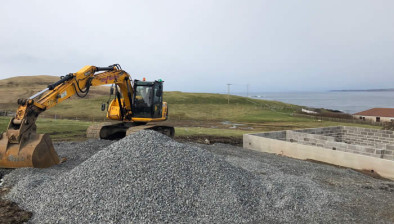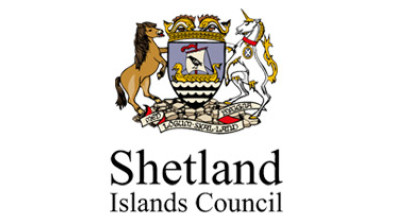Shetland Islands Council seeks views on 2025/26 council tax levels

Shetland Islands Council has launched a survey to gather feedback from the public before councillors set next year’s budgets.
The short survey focuses on the options around an increase in next year’s Council Tax, as well as some general principles to guide councillors when setting the 2025/26 budgets.
Decisions on next year’s budget will be made in the face of ongoing financial challenges. With increasing costs, rising demand for services, continued recruitment challenges and the need to maintain ageing and expensive infrastructure, the council needs to look closely at how best it can continue to provide a high level of service to the community.
Council leader, Emma Macdonald, said: “Councils across Scotland are facing significant funding challenges right now. We know that our communities rely on the services that we provide, and we need to do all we can to manage our finances sustainably to safeguard our services for the future.
“To do this we know we need to make changes. We cannot keep trying deliver services with resources we don’t have. Shetland currently has the lowest level of Council Tax in Scotland, yet we know that it costs 20-65% more to live here than it does in mainland Scotland. The council is not immune to the additional costs associated with heating, transport, goods and freight. It won’t fix all of our problems, but looking at these charges is just one way we can think about making these changes
“We know any decisions we make are likely to impact services, and we’ll continue to speak directly to you all to understand these as the process gets underway. For now, I’d encourage everyone to take the time to complete the survey and let us know your views.”
The survey is open until 5pm on Sunday 15th December and can be found online.
A separate survey is also available for anyone who wishes to provide feedback on some specific elements of discretionary powers relating to Council Tax charges for second homes and long-term empty properties.








